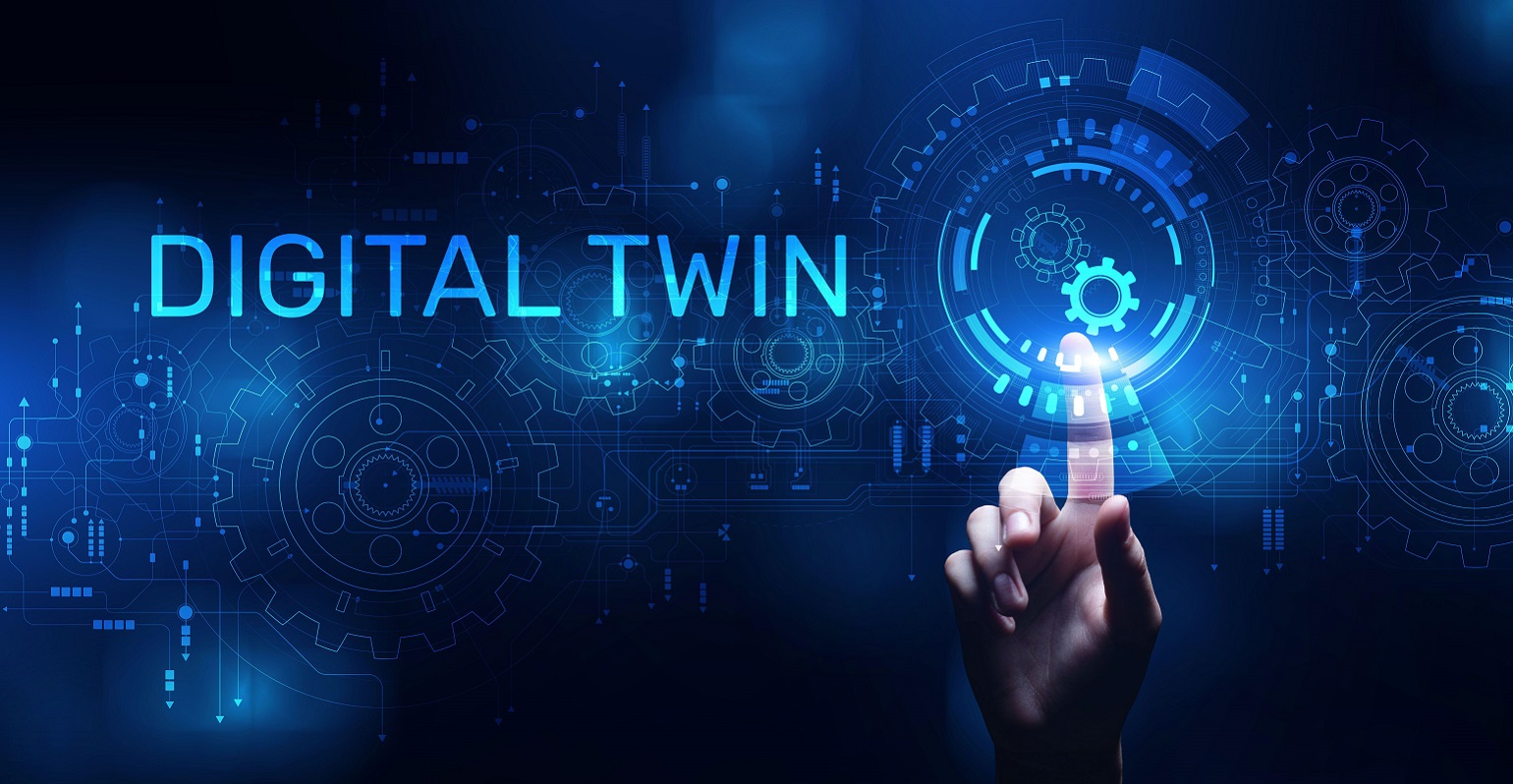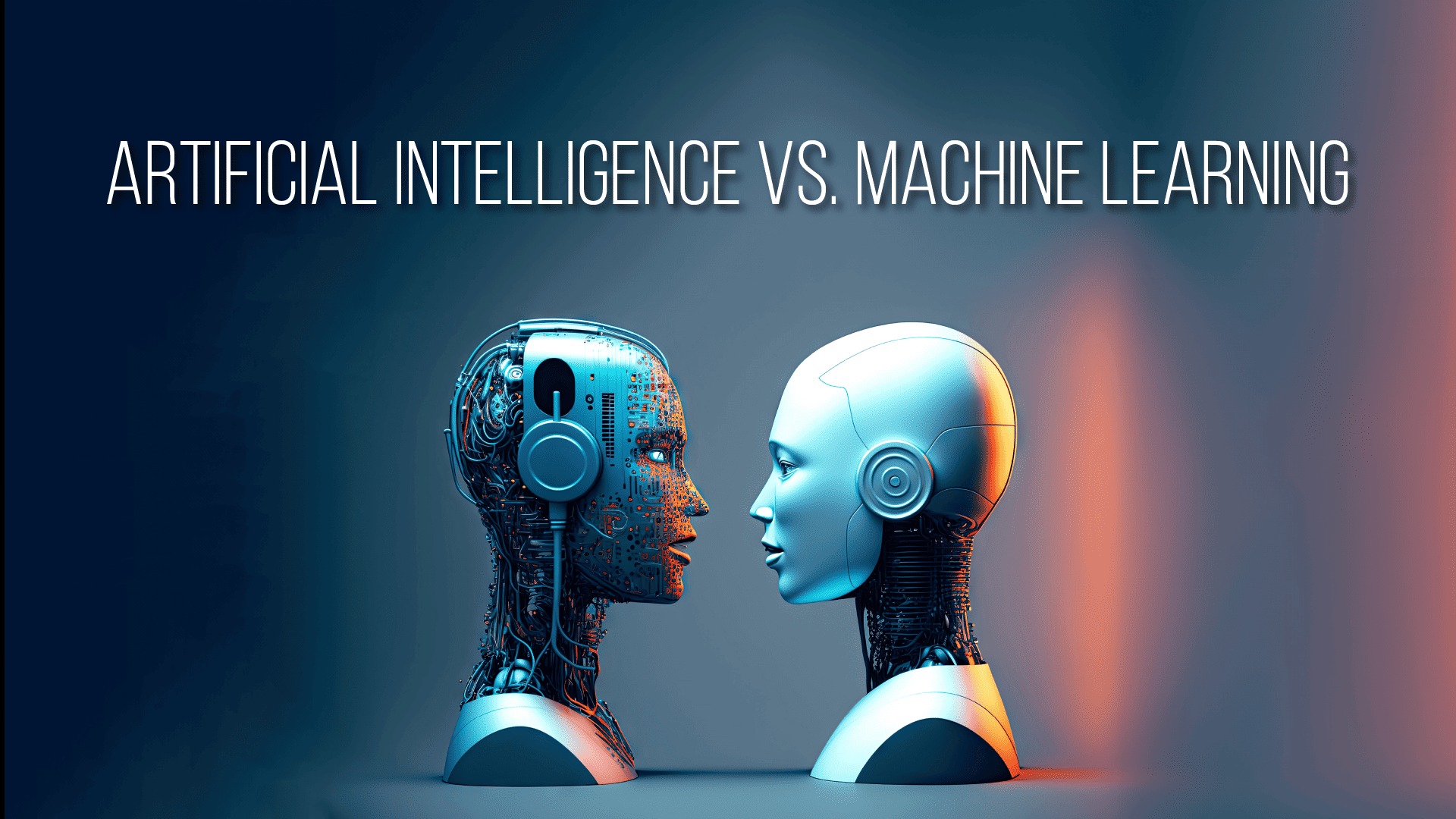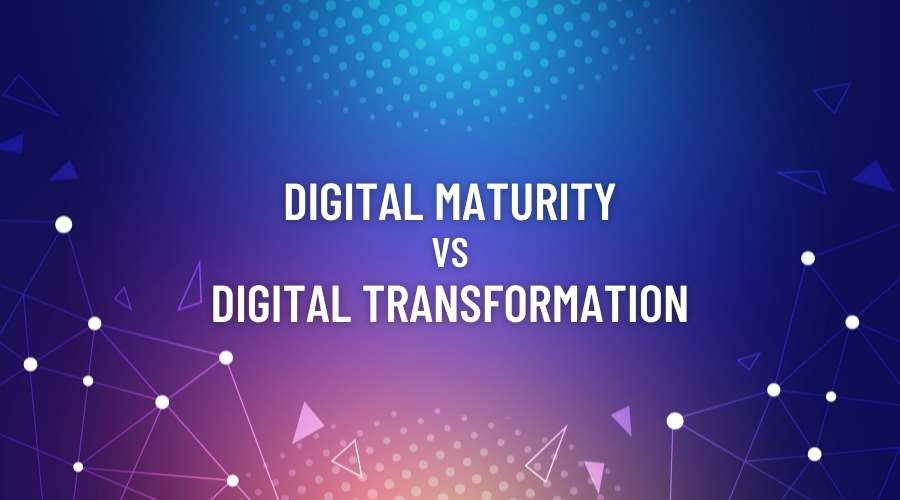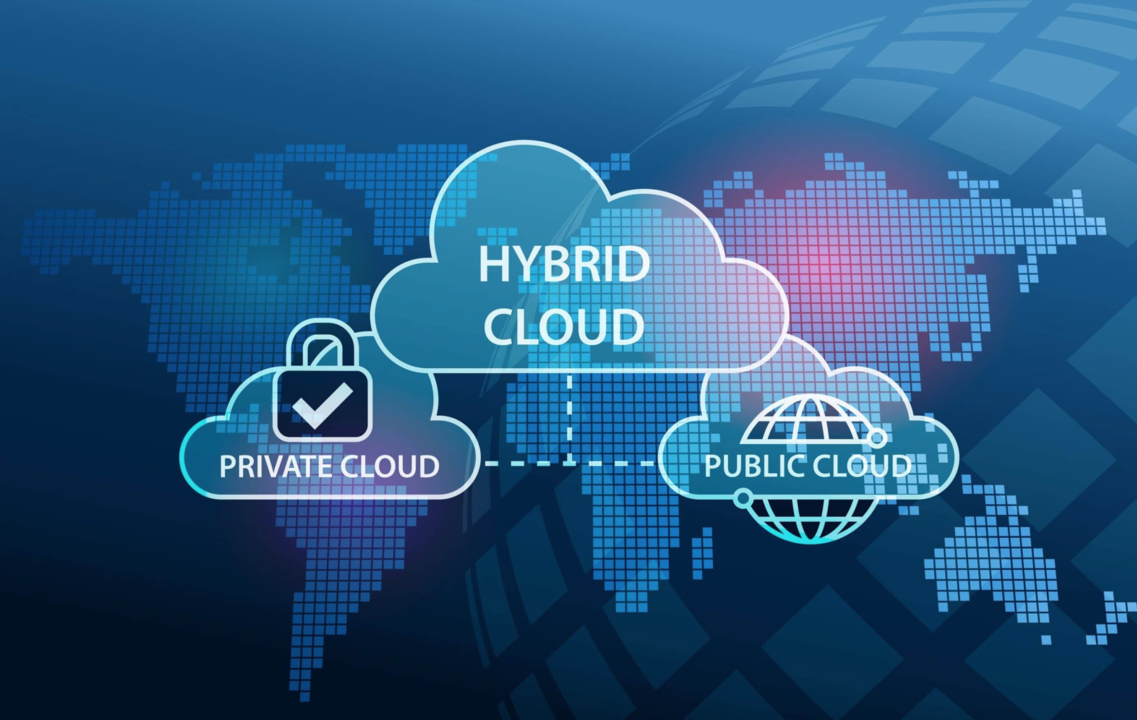
The relentless march of digital transformation continues, and it has evolved from a strategic advantage to a fundamental necessity for businesses all over the world. The year 2025 is characterized by a heightened emphasis on intelligent automation, hyper-personalization, and robust security frameworks. This evolution is characterized by these characteristics. Listed below are the top ten most significant trends in digital transformation that are influencing the landscape of the world:
List Of Top 10 Most Digital Transformation Trends In The World 2025
1. Quantum Computing

In the year 2025, quantum computing is reshaping the technological landscape, moving from the realm of theoretical promise to the realm of practical applications that drive digital transformation. Utilizing the fundamentals of quantum mechanics, quantum computers provide a level of computational power that has never been seen before, making them ideal for solving difficult problems.
2. Digital twins

As of the year 2025, digital twins have become an essential component of digital transformation, thereby bringing about a revolution in the manner in which industries design, operate, and optimize their systems. The creation of digital twins enables real-time monitoring, predictive analytics, and decision-making that is driven by data. Digital twins are created by creating virtual replicas of physical assets, processes, or systems.
3. Increased cybersecurity risks

4. Post-quantum cryptography

In the year 2025, the landscape of cybersecurity is going to undergo a paradigm shift as quantum computing continues to advance. In light of the fact that quantum computers are capable of solving difficult mathematical problems at a rate that is exponentially faster than that of classical computers, they pose a threat to widely utilized encryption algorithms such as RSA and ECC. Post-quantum cryptography, also known as PQC, has emerged as an important solution for protecting data from the threats that are expected to emerge in the future.
5. Agentic AI

Agentic artificial intelligence is redefining the boundaries of artificial intelligence in the year 2025. It is moving beyond traditional reactive models and has the ability to create autonomous systems that are capable of making decisions, setting goals, and carrying out tasks independently. These intelligent agents are causing industries to undergo a transformation, contributing to an increase in productivity while also bringing up important ethical and security concerns.
6. AI and machine learning

Artificial intelligence (AI) and machine learning (ML) are at the center of the global digital transformation that is taking place in the year 2025. These technologies are revolutionizing industries, enhancing human capabilities, and reshaping societal frameworks across the globe. Artificial intelligence and machine learning are enabling unprecedented levels of efficiency, innovation, and decision-making across a wide range of domains, from autonomous systems to hyper-personalized services. However, the rapid adoption of these technologies also brings with it a number of challenges, such as ethical concerns, security risks, and disruptions to the workforce.
7. Blockchain

Twenty-five years from now, blockchain technology will continue to develop as a foundational component of digital transformation, redefining trust, transparency, and efficiency across all sectors of the economy. Blockchain technology, which was initially made popular by cryptocurrencies such as Bitcoin, has developed into a versatile tool that can power decentralized systems, secure data management, and innovative business models.
8. Digital transformation matures

By the year 2025, digital transformation has developed from a buzzword into a mature, strategic imperative that is reshaping organizations, industries, and societies. The concept of digital transformation has evolved to encompass not only the incorporation of new technologies but also the emphasis on human-centered innovation, seamless integration, and sustainable outcomes. In order to improve their efficiency, agility, and customer experiences, businesses are utilizing mature digital ecosystems. These ecosystems include blockchain-enabled trust and automation driven by artificial intelligence.
9. Hybrid computing

By the year 2025, digital transformation has developed from a buzzword into a mature, strategic imperative that is reshaping organizations, industries, and societies. The concept of digital transformation has evolved to encompass not only the incorporation of new technologies but also the emphasis on human-centered innovation, seamless integration, and sustainable outcomes. In order to improve their efficiency, agility, and customer experiences, businesses are utilizing mature digital ecosystems. These ecosystems include blockchain-enabled trust and automation driven by artificial intelligence.
10. Cdp for personalization

Customer expectations in the hyperconnected world of today have never been greater. Not enough are generic, one-size-fits-all marketing messages and experiences. Customers want brands to be aware of their unique needs, tastes, and behaviors as well as to provide custom interactions that really connect on a very personal level. This need for personalization—more precisely, hyper-personalization—is no more a luxury; rather, it is a basic motivator of consumer loyalty, involvement, and eventually income. Attaching this degree of accuracy mostly depends on the Customer Data Platform (CDP).





